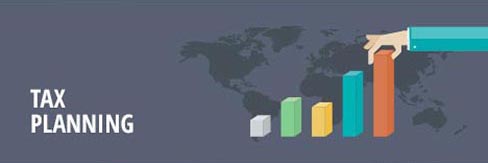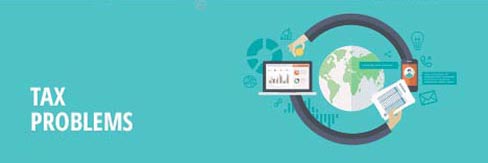
PENSIONS - A BRIEF INTRODUCTION

BANDS
ALLOWANCES &
TAX RATES
BANDS
ALLOWANCES &
TAX RATES
OUR
PROCESS
GET IN TOUCH
WITH US
GET TO KNOW
US
In simple terms, a pension scheme is just a type of savings plan with favourable tax treatment.
Pensions set by your employer - also known occupational pensions broadly fall under two main categories, these are: defined benefit schemes & defined contribution schemes.
Pensions set up by yourself - contract based schemes are provided by insurance companies and other pension providers. They’re effectively a contract between you and the pension provider and include Personal pensions, SIPPs, Stakeholder pensions & Retirement annuities.
How much can I pay into a pension?
If you’re a UK taxpayer, in the tax year 2019-20 the standard rule is that you’ll get tax relief on pension contributions of up to 100% of your earnings or a £40,000 annual allowance, whichever is lower.
For example, if you earn £20,000 but put £25,000 into your pension pot (perhaps by topping up earnings with some savings), you’ll only get tax relief on £20,000.
Similarly, if you earn £60,000 and want to put that amount in your pension scheme in a single year, you’ll normally only get tax relief on £40,000.
Any contributions you make over this limit won’t attract tax relief and will be added to your other income and be subject to Income Tax at the rate(s) that applies to you.
However, you can carry forward unused allowances from the previous three years, as long as you were a member of a pension scheme during those years.
But there is an exception to this standard rule.
If you have a defined contribution pension, and you start to draw money from it, the annual allowance reduces to £4,000 in some situations.
Since April 2016 the annual allowance is also reduced if you have an income of over £150,000, including pension contributions
Automatic enrolment - since October 2012, Whether you work full time or part time, your employer will have to enrol you in a workplace pension scheme if you:
- are not already in a suitable workplace pension scheme
- are at least 22 years old, but under State Pension age
- earn more than £10,000 a year for the tax year 2019-20.
As long as you meet these criteria you’ll also be covered if you’re on a short-term contract or an agency pays your wages. If you earn less than £10,000, but above £6,136 (for the tax year 2019-20) your employer doesn’t have to automatically enrol you in the scheme. You can still ask to join. Your employer can’t refuse and must make contributions for you.
Accessing your pension
In Budget 2014, George Osborne announced 'pensioners will have complete freedom to draw down as much or as little of their pension pot as they want, anytime they want. Big changes came into effect on 6 April 2015 for those with money purchase pensions.
Rates & Allowances Pages ► Income Tax Rates & Allowances ■ Capitlal Gains Tax ■ Pensions ■
■ Inheritance Tax ■ National Insurance ■ Statutory Pay ■ Child Benefit ■ Vehicles ■ VAT ■ ISAs ■
Registered office: 61 Friar Gate, Derby, Derbyshire, DE1 1DJ T: 01332 202660
Adrian Mooy & Co is the trading name of Adrian Mooy & Co Ltd. Registered in England No. 05770414
v
Services
.png?crc=484381513)

01332 202660
61 Friar Gate Derby DE1 1DJ

Sign
up
Newsletter

